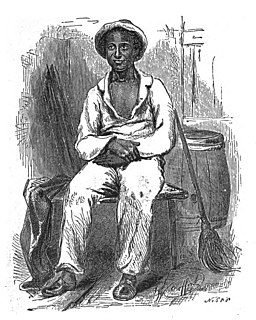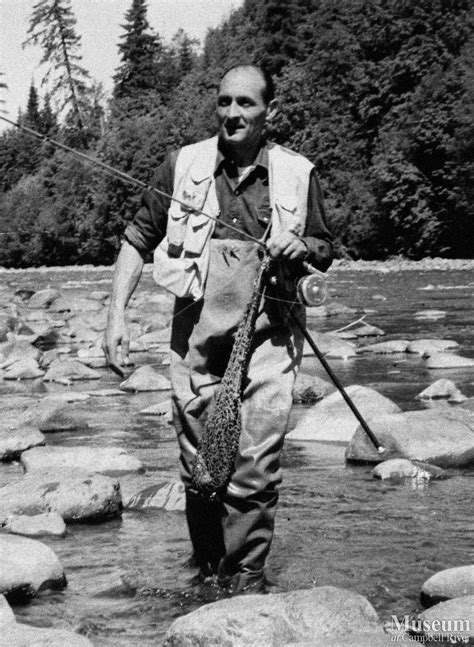A Quote by Nicholas Sparks
I came to the conclusion that unrealized hopes, even small ones, were always wrenching.
Related Quotes
We are beginning to realize that even the most fortunate people are living far below capacity, and that most human beings develop not more than a small fraction of their potential mental and spiritual efficiency. The human race, in fact, is surrounded by a large area of unrealized possibilities, a challenge to the spirit of exploration.
The statement "I am in pain" may be one piece of evidence for the conclusion that the speaker is in pain, but it is not the only possible evidence, and since people sometimes tell lies, not even the best possible evidence. Even if there were stronger grounds for refusing to attribute pain to those who do not have language, the consequences of this refusal might lead us to reject the conclusion. Human infants and young children are unable to use language. Are we to deny that a year-old child can suffer?
My big "double-aha" moment came while anchoring the national news at CBS News. It was at the height of the recession, and on top of the usual negative stories, my newscasts became full of especially heart wrenching stories of people losing their homes, jobs, and retirement savings. Starting the morning off like that could leave even the most optimistic person feeling helpless and hopeless. The lightning bolt came when we changed how we talked about the negative.
It's my firm conclusion that human meaning comes from humans, not from a supernatural source. After we die, our hopes for an afterlife reside in the social networks that we influenced while we were alive. If we influence people in a positive way -- even if our social web is only as big as our nuclear family -- others will want to emulate us and pass on our ideas, manners, and lifestyle to future generations. This is more than enough motivation for me to do good things in my life and teach my children to do the same.
The chicken noticed that the farmer came every day to feed it. It predicted that the farmer would continue to bring food every day. Inductivists think that the chicken had "extrapolated" its observations into a theory, and that each feeding time added justification to that theory. Then one day the farmer came and wrung the chicken's neck. This inductively justifies the conclusion that induction cannot justify any conclusion.







































